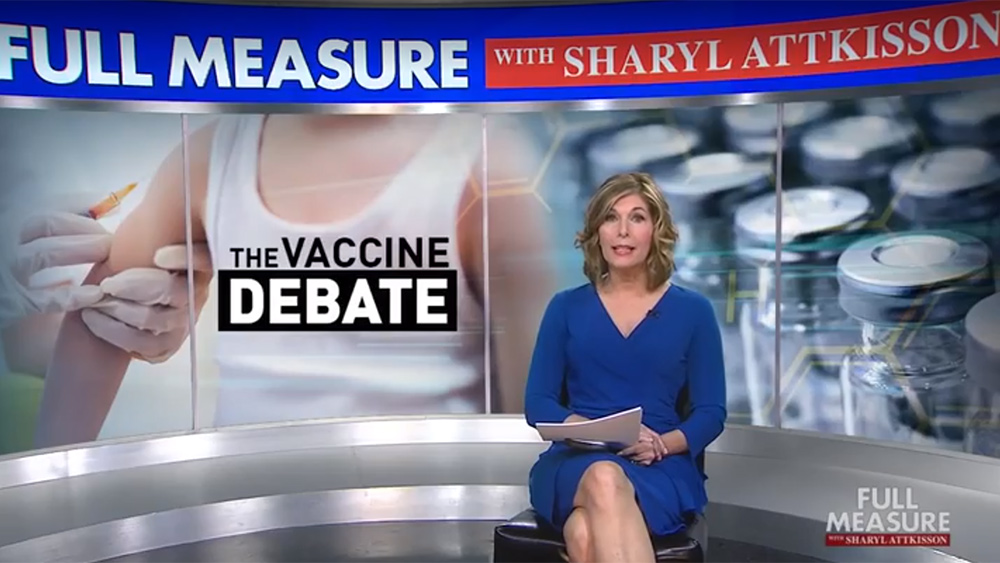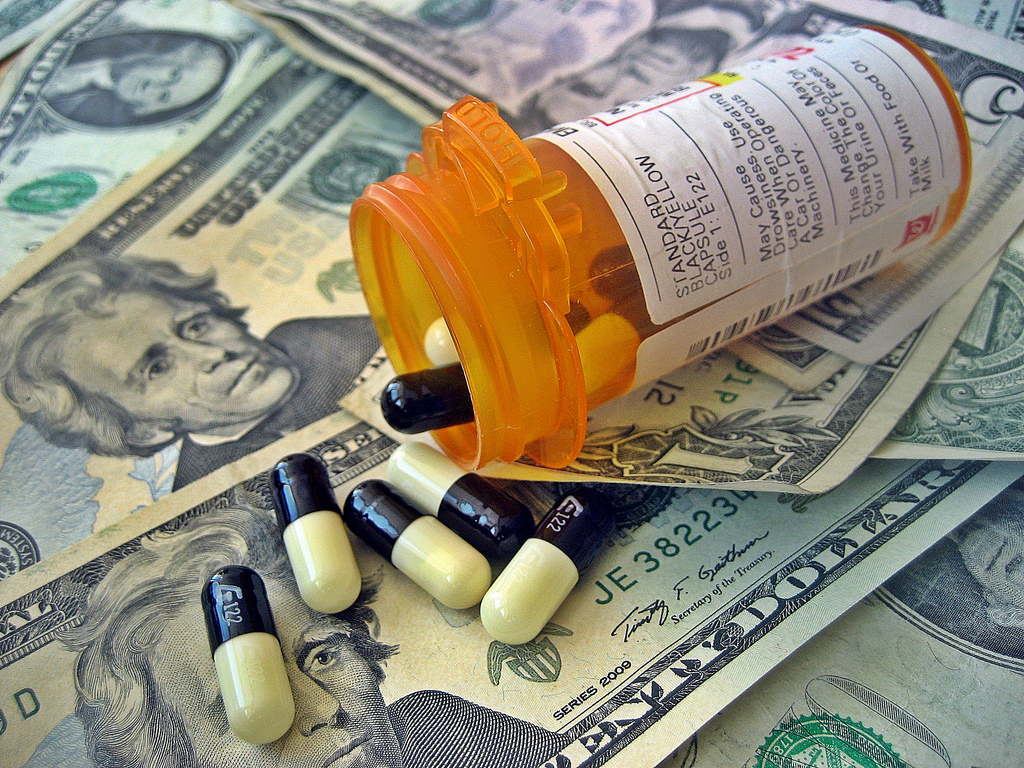Pen-shaped hand-held laser device scans the heart during surgery to warn doctors if a heart is about to stop
01/09/2019 / By Michelle Simmons

A pen-shaped hand-held laser device that scans the heart during surgery can warn doctors if the heart is going to stop, according to a report by Daily Mail Online. The laser pen device could lessen the number of deaths during major cardiac surgery.
When a sudden cardiac arrest occurs, the brain is the first part of the body to suffer because it does not contain a reserve of oxygen-rich blood, unlike other organs. The brain is also entirely dependent on an uninterrupted supply of blood. Therefore, lessened blood flow to the brain results in unconsciousness. Furthermore, if the heartbeat does not immediately return to its normal rhythm, brain damage, or even death may occur. Survivors of cardiac arrest often show signs of brain damage. (Related: Study finds about half of cardiac arrest patients showed these telltale signs before their attack.)
The device was developed by heart specialists at Boston Children’s Hospital in the U.S. It works by scanning heart muscle cells for early warning signs of problems, which in turn can give surgeons essential clues as to whether the patient is in danger of a cardiac arrest, where the heart starts beating poorly because of lack of oxygen.
Based on animal trials, the laser device accurately predicts cardiac arrests more than 90 percent of the time, and at least 10 minutes before they occur, according to the report published in the journal Science Translational Medicine. This allows surgeons to have adequate time to increase the oxygen inhaled through a mask during surgery so that it gets to the heart muscle cells in time, which in turn prevents cardiac arrest.
The power of the elements: Discover Colloidal Silver Mouthwash with quality, natural ingredients like Sangre de Drago sap, black walnut hulls, menthol crystals and more. Zero artificial sweeteners, colors or alcohol. Learn more at the Health Ranger Store and help support this news site.
Similar to all other cells in the body, the heart muscle cells depend on mitochondria to keep them functioning. Mitochondria are involved in the process called cellular respiration, wherein it takes in nutrients, such as oxygen, and breaks them down to produce the energy needed to survive. Before a cardiac arrest occurs, the mitochondria go through subtle changes, like a sudden build-up of electrons. This serves as a warning sign which can be detected by the laser pen when it is shone on the heart muscle cells.
“From a medical standpoint, any application in which we want to know whether a tissue is receiving adequate oxygen will benefit from this technology,” John Kheir, co-director of the Heart Center Translational Research Lab at Boston Children’s Hospital and assistant professor at Harvard Medical School, said in an article published in IEEE Spectrum.
The device is based on resonance Raman spectroscopy, which is a common lab technique that can determine figurative molecular fingerprints based on how light scatters from interactions with the molecules. Approximately one out of 10 million light photons hitting a particular molecule will typically end up dropping to a lower frequency called the Raman effect, which can be spotted through changes in the wavelength of the light scattering.
The experts at the hospital are currently planning on testing the laser pen in human as they hope to replicate the results, since it has only been tested in rat models. Moreover, they also plan to develop a tiny laser implant to be placed temporarily inside the heart after an operation in order to observe the patients’ risk of cardiac arrest during the time that they are in intensive care.
The total risk of cardiac arrest, according to a medical report published in 2015, was 5.6 per 10,000 cases. In addition, the rate of cardiac arrest incidences increased with the age of patients, and was more commonly experienced by men.
Read more news stories and studies about the heart at Heart.news.
Sources include:
Tagged Under: Cardiac Arrest, futuretechnology, hand-held laser, Heart, heart attack prevention, heart surgery, Laser, laser device, medical tech, surgery, surgery outcomes



















